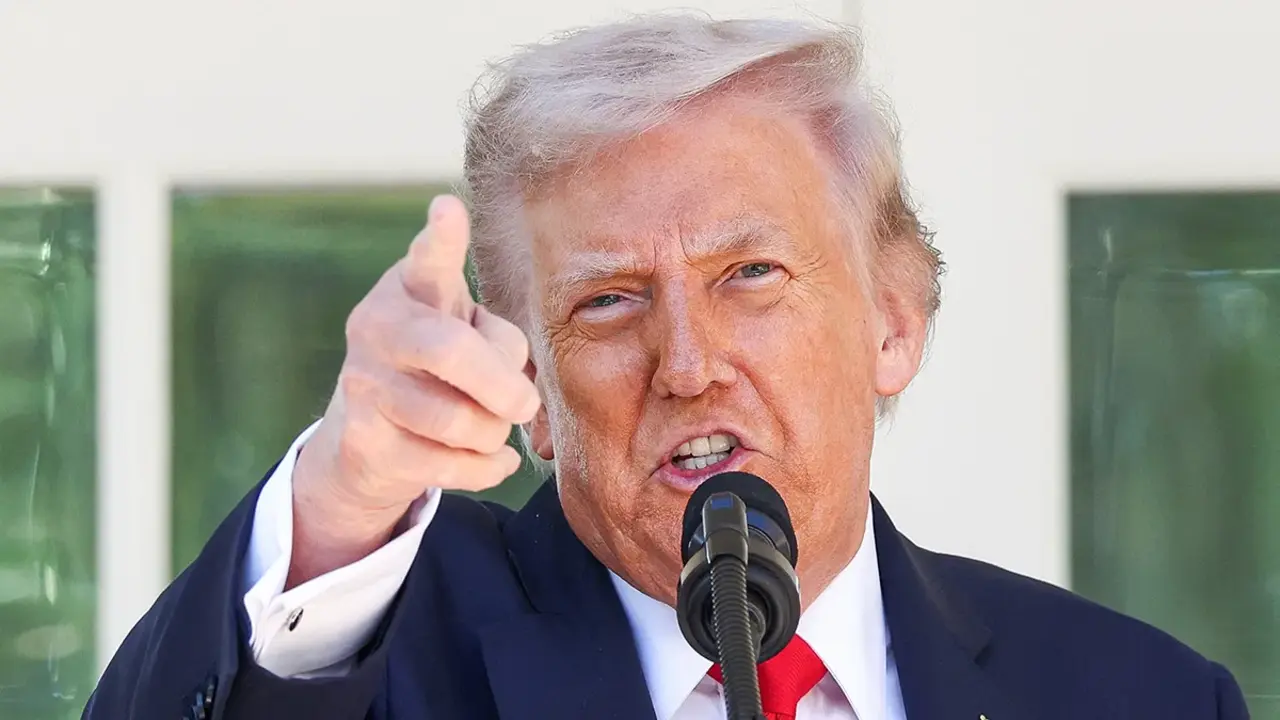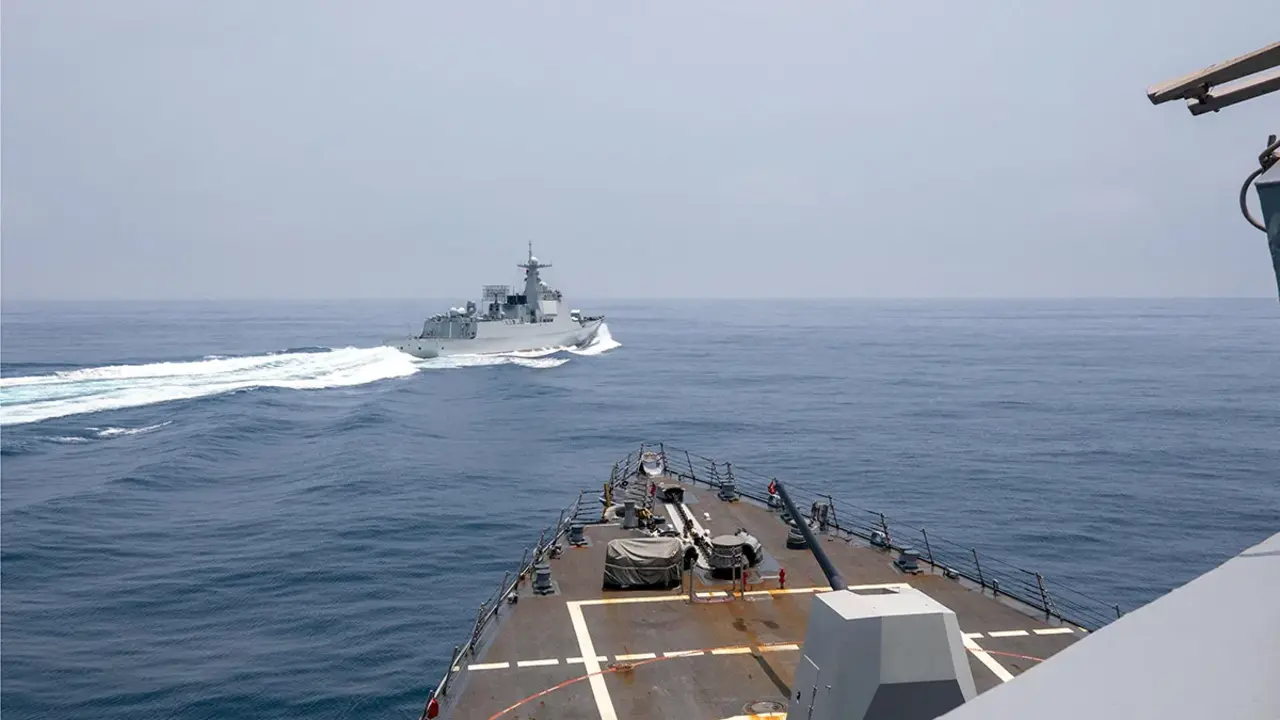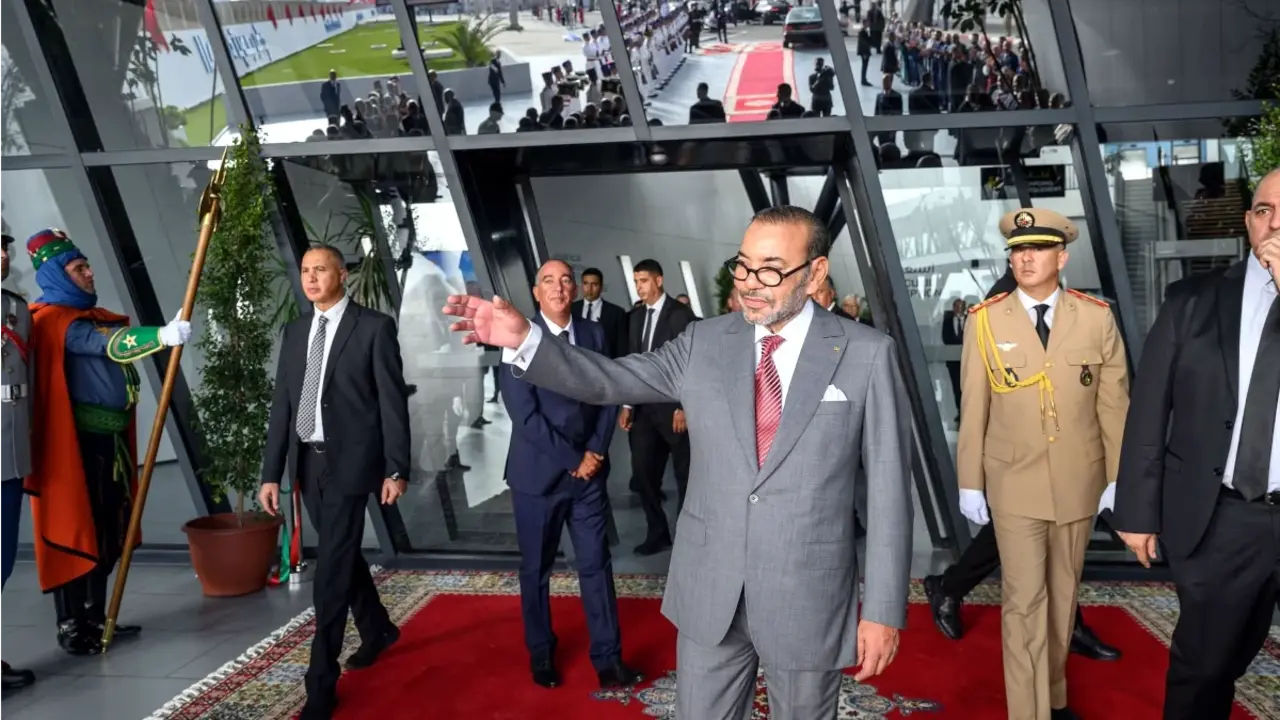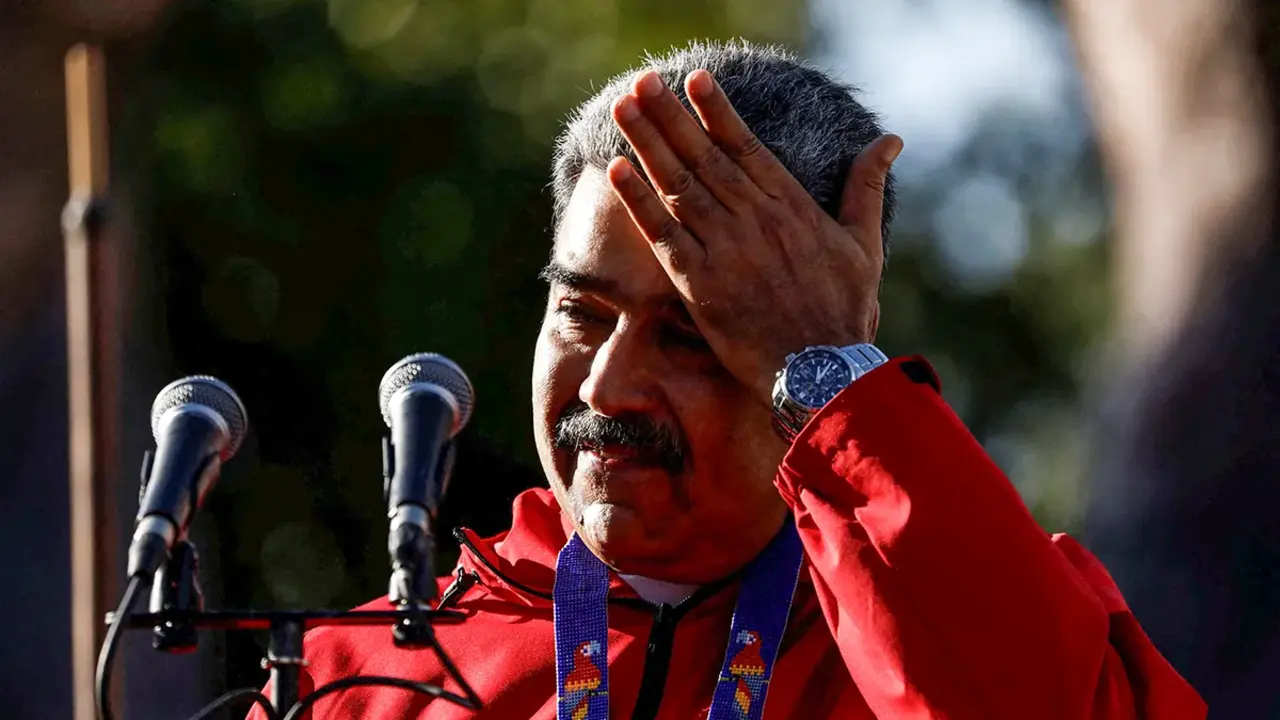The future of EU-Turkey relations

Relations between the two powers have proved to be very resilient despite the disagreements.
The relationship between the EU and Turkey has gone through several stages in its history. Today it can be said that the relationship between the two is at a turning point; the tension between the Union and Turkey is palpable.
Furthermore, this tension has increased in recent months as a result of the discovery of gas deposits in the eastern Mediterranean, which is exacerbating the dispute between Cyprus, Greece and the Eurasian country over control of these resources. In December the European Union imposed sanctions on Turkey for its gas exploration work in the disputed maritime areas.
Even so, relations have proved fairly resilient owing mainly to two factors: the main players appear to be aware that there are some limits they should not overstep, and there is a strong network of mutual interest capable of cushioning such episodes of tension. However, precisely because the different actors have become accustomed to testing their respective limits, they may wrongly assume that they could always go beyond them.
Before describing the possible scenarios in which the future relationship between the European Union and Turkey can be framed, it should be stressed that the EU, as early as 2016, set out some relevant ideas regarding the future of this relationship in the European Union Global Strategy of the same year.
That document conveyed four clear messages: challenges such as migration and terrorism must be addressed jointly; Turkey's resilience cannot be taken for granted; the EU's influence is unique; and it is in the Union's interest to promote political reform, the rule of law, economic convergence and good neighbourly relations1. The fact that the strategy focuses on this particular country is indicative of Turkey's status as a strategic neighbour.
The conceptual framework adopted for the future of the EU-Turkey relationship identifies three types of scenarios, which could define the overall relationship or its more specific thematic dimensions:
The first of these scenarios is convergence: this involves a fundamental improvement in the existing relationship, that is, harmony between Turkey's and the EU's strategies and institutions, and the existence of mechanisms that can sustain this type of collaboration. In short, convergence is institutionalised cooperation, which may or may not lead to Turkey's accession to the EU.

On the other hand, the second scenario would be identified as cooperation, which refers to situations in which the parties collaborate in pursuit of a common goal, although without the institutional integration that would accompany the convergence scenario. To a certain extent, this scenario would imply the continuation of what currently defines the relationship but would require even closer cooperation in a greater number of areas that do not, however, achieve convergence.
And thirdly, the conflict scenario, which is the most negative and limited of the three. It would occur if Ankara and Brussels were to clash on issues of common interest and may even prove to be estranged from each other. 2
If we go on to analyse each of the possible scenarios, convergence is off the agenda, mainly for political reasons, and the choices made by the EU and Turkey will largely determine whether cooperation or conflict prevails. The most likely scenario is one in which cooperation coexists with episodes of tension but does not escalate into a real conflict situation. Both actors share the idea of Turkey's geopolitical and strategic importance, given its large population, the extent of its economic and investment ties with the EU and their common interests in issues such as security, mobility and energy. 3
The nature of the interactions between the EU and Turkey in these particular areas establishes the minimum threshold below which the relationship should not falter, despite the presence of conflict-inducing factors.
If we identify each of these areas of interest we can deduce the type of relationship that derives from each of them. In the field of security, the EU and Turkey will cooperate out of necessity and interdependence, and will continue to benefit from existing agreements, but will avoid converging owing to several factors that can give rise to conflict. 4
With regard to migration it is also likely to fall from the threshold of harmonious cooperation, but will not cross over into the realm of direct conflict. On bilateral migration issues, mobility will be encouraged but not facilitated through institutional channels. Since 2015, when the migration crisis exploded most strongly, the EU has realized how mass migration flows, if not properly managed, can lead to political crises in the member states themselves.
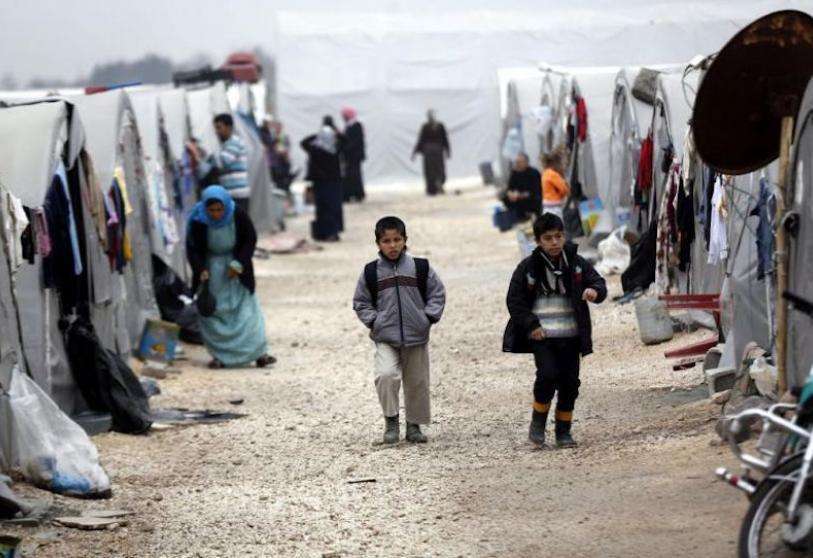
Convergence is also unlikely in this area, as it would involve measures that neither party would be willing to take. The question of visa liberalisation is a good example. The EU has promised the possibility of visa liberalisation for Turkish nationals as part of the agreement on refugees "provided that all requirements are met". There are a total of 72 requirements, six of which Turkey has not yet fulfilled, mainly the revision of its anti-terrorist law. 5
Furthermore, the liberalisation of visas is conditional from 2018 on the recognition of the Republic of Cyprus by Ankara, which means that political convergence in this direction is less and less likely. In the field of energy, given the structure of energy sources, geographical proximity, as well as current and projected patterns of energy trends, there are possibilities for collaboration.
As for economic relations, the future scenario has the least potential for conflict. 6 In fact, the economy is at the heart of EU-Turkey relations, which date back to the 1963 Ankara Agreement, which set in motion the process of creating a Customs Union that would help ensure Turkey's inclusion in what was then called the European Economic Community (EEC).
Having analysed the most likely scenarios in these four thematic dimensions, security, migration, energy and economy, they all focus on "cooperation". Security covers a wide area around "cooperation" but is strongly inclined towards "conflict". Similar trends can be observed for the migration dimension, although covering less space towards "conflict" and "convergence".
The most likely scenario in the energy dimension is the most focused on "cooperation" with only a slight inclination towards "conflict". The economic dimension is the only dimension in which the most likely scenario is strongly inclined towards "convergence" and, in contrast to the other thematic dimensions, without any push towards conflict. 7 It can therefore be concluded that the clear trend in the future relationship between the European Union and Turkey will be cooperation with some tints of conflict in specific issues.

Once the specific framework in which the future relationship between the European Union will be developed has been established, it is necessary to determine the possible actions that the EU can carry out within this so-called "conflict cooperation". Authors such as Saatçioğlu, Tocci, Tekin and Ekim 8 identify five possible ways in which the Union could approach Turkey. The first option is defined as the "Comfort Zone", that is, following the path that has been laid down so far.
The main feature would be not to make major decisions, to stay the course and see how things evolve. This passive attitude has been the dominant one in the EU and may not change in the coming years. It is likely that Turkey will react to the European passivity by continuously testing its limits and this may mean that the pressure on the EU to act will increase. A second option would imply that the European Union will set aside the accession process and focus on improving those areas in which both actors are most able to cooperate. In practice, this would mean entering into negotiations on a modernised Customs Union or a new refugee agreement with them emptied of politically sensitive conditions.
The third option would be identified with a more idealistic vision. This would involve the EU re-exploring an incentive-based strategy. In this case, the incentives offered must meet the expectations of the partner; otherwise mistrust and frustration will only increase.
A fourth option would be somewhat different from the one mentioned above, and would be more aimed at getting the European Union to take a firm stand on Turkey. This could be the natural reflex if the Turkish authorities continue to test where the EU's limits lie. The Union could decide unilaterally to terminate the negotiation process. Some could even go further and call for sanctions.
Finally, we defined a fifth option which would be somewhere in between doing nothing and ending membership or even imposing sanctions. This option sets out a sincere but constructive criticism of Turkey. This may mean that criticism of political developments or legislation in Turkey will be expressed more strongly. When the Turkish authorities react by saying that the EU has a double standard, Europe could respond that, in fact, its standards on Turkey are different from those of, for example, Egypt or China because the EU considers Turkey as part of the family and many in Turkey see Europe as family as well9.
It will also need to increase funding for civil society and people-to-people exchanges to get the message across that the EU cares about Turkey. One of the things that seems to be most important for the present leaders of Turkey is the recognition. It is important to think of imaginative solutions to make Turkey feel included in discussions on issues that affect it directly. In fact, these platforms can be the best place to call for this constructive criticism. Like the previous options, this one carries risks: if Turkey receives sincere messages from EU institutions and softer or contradictory ones from some member states, there is a risk that the EU will lose coherence, and patience may run out when there are no immediate results. Constructive criticism is a long-term investment aimed at preserving some bridges without losing credibility.

Turkey is more than its president Erdoğan, so we should not forget so many years of history and relationship between the Turkish country and the European Union which, on many occasions, have led to major agreements such as the Customs Union. It is also important to stress that during the golden years of the relationship between the two, Turkey carried out the biggest constitutional reforms in its history. This largely implies that the EU has the capacity to influence the country as long as its incentives are credible and possible. The fatigue of a never-ending accession process has led to a feeling of weariness and exhaustion on both sides. However, there is now an added obstacle in the relationship between the two and that is the exacerbated nationalist policy that has been pursued by Erdoğan over the past few years and which has led to a further distancing from the European Union.
For all these reasons, a clear strategy is needed when approaching Turkey; it is time to establish a concrete path and not return to the ambiguity that has so characterised the EU. The most sensible course of action for the EU would be constructive criticism, and once the course of action has been identified, concrete actions should be determined in order to improve this relationship in the long term.
The European Union should start by improving its ability to relate to the Turkish authorities and to Turkish society as a whole, since after so many years, the perception of the EU in Turkey has substantially worsened.
It could first focus on improving mechanisms for strengthening people-to-people contacts. On the EU side, this will require a stronger budget line and specific visa facilitation mechanisms for persons involved in these cooperation mechanisms. The EU could also ask the European Union delegation in Ankara to identify mechanisms to reach out to segments of the population or civil society that have been less exposed to the EU and should make an additional effort to connect with younger generations. 10
It should also offer Turkey the possibility of setting up an expert advisory group to provide ongoing advice to both sides. What would be a great innovation would be the creation of a joint body of Turkish and EU experts willing to support Turkey or the EU by proposing technical solutions, carrying out studies or providing new ideas. This group of experts could be asked to suggest ways of bringing the two sides closer together when positions differ greatly and to make constructive proposals. An example could be the dispute over Cyprus' territorial waters and drilling rights11.
Another significant step would be to lift the current veto when starting negotiations on the enhanced Customs Union. At a time when the accession process is totally paralysed, negotiations on an improved Customs Union could provide Turkey with a more real incentive.

The European Union should also clearly condemn human rights abuses and democratic backsliding, as this is one of the main obstacles in the relationship between the two. The EU should denounce the abuses and ask Turkey to address them, while recognizing that the bar is higher for Turkey than for other neighbours because it is treated as part of the European family and because it has already proved not long ago that progress is possible. In that sense, if there are some positive developments, they should also be praised and encouraged.
They should also assess the areas of security, environment and economy where Turkey is most vulnerable and offer the EU's cooperation and full support in addressing potential risks before they materialise. It is important to convey the message that the EU is not interested in seeing a politically unstable, economically weakened and socially polarised Turkey.
And finally, the European Union should be openly self-critical. The EU should accept some of the responsibility for the current stalemate in relations and be specific about what it can do best. For example, if the EU institutions were more vocal in denouncing human rights violations and deteriorating democratic conditions within the Union, their criticism of Turkey would be much more legitimate. The ultimate aim of all these proposals would be to create a framework of mutual trust in order to make further progress. It is vital to regain confidence and contribute ideas to make the relationship more solid, and not to be so prone to faltering in the face of a moment of crisis.
- VISION, Shared. Common Action: A Stronger Europe. A Global Strategy for the European Union’s Foreign and Security Policy, 2016, p. 18-44.
- SAATÇIOĞLU, Beken, et al. The Future of EU-Turkey Relations: A Dynamic Association Framework amidst Conflictual Cooperation. FEUTURE Synthesis Paper, 2019, p. 6.
- LECHA, E. S. EU-Turkey relations: Mapping landmines and exploring alternative pathways. FEPS Policy Paper, 2019, vol. 695, p. 17.
- SAATÇIOĞLU, Beken, et al. The Future of EU-Turkey Relations: A Dynamic Association Framework amidst Conflictual Cooperation. FEUTURE Synthesis Paper, 2019, p. 7.
- Informe de la Comisión al Parlamento Europeo, al Consejo Europeo y al Consejo. Séptimo informe sobre los progresos realizados en la aplicación de la Declaración UE-Turquía, 2017. European Commission [en línea], [Accessed 9 June 2020]. Disponible en: https://eur-lex.europa.eu/legal-content/ES/ALL/?uri=CELEX:52017DC0470
- SAATÇIOĞLU, Beken, et al. The Future of EU-Turkey Relations: A Dynamic Association Framework amidst Conflictual Cooperation. FEUTURE Synthesis Paper, 2019, p. 8.
- Ibid, p. 10.
- Ibid
- LECHA, E. S. EU-Turkey relations: Mapping landmines and exploring alternative pathways. FEPS Policy Paper, 2019, vol. 695, p. 19.
- Ibid, p. 21.
- SAATÇIOĞLU, Beken, et al. The Future of EU-Turkey Relations: A Dynamic Association Framework amidst Conflictual Cooperation. FEUTURE Synthesis Paper, 2019, p. 26 .


